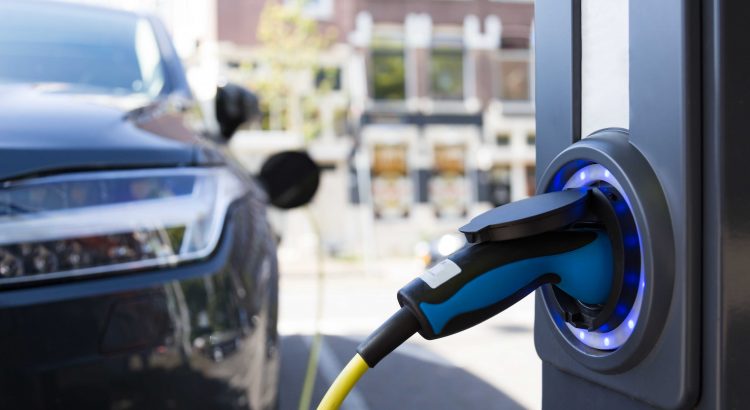The charge point owner electric charging points, CPOEC’s- or simply charging coins, as they are called among the people who use them- are the base unit in a new market where people with electric vehicles and devices can exchange “coins” for charging-time on private solar fueled charging stations. The “coins” can then be used to buy other goods and services from a community of people who have opted in. Many times, are locally produced commodities and other basic goods traded by local producers to the charge point owners. For example, as of today were three hundred and eight-five coins in Tanzania traded for white bread locally made across the country.
This coin-based economic system is inspired by popular cryptocurrencies, such as Bitcoin and Dogecoin, but is developed with a slightly different goal. The aim is to set up a system where developing countries and nations facing great economic turbulence can have a stable currency based on the dominating resource of our time- electricity. When inflation or governmental mismanagement threatens the value of money, it can be very difficult to maintain functioning markets as the prices may fluctuate significantly from day to day. But suppose the charge point operator electric charging capabilities stay the same and can be compared to neighboring counties ‘ as a part of a great virtual network. In that case, the charging coins can be the constant that stabilizes a spiraling economy.
In developing nations, charging coins is also a viable solution when the monetary system is not entirely functioning or if the government is corrupt. The system with charging coins could be said to work as a modern version of a gold standard, since the coins always are exchangeable for the gold of today- electric power.
Additionally, there are no taxes put on this system. The governments have been very lenient. Assumingly, since most of them want to support solar energy and contribute to the spreading of charging stations. The customers pay for nothing except the actual power. The owners only pay a teeny tiny fee for administrative costs, which enables them to contact the charge point owner back office at any hour of the day and get help with administrative issues and technical problems that may arise.
The future of transportation is electric charging, and the need for a stable system to trade it in unstable economies is imminent. A “charging coin” could be one solution to two problems.
